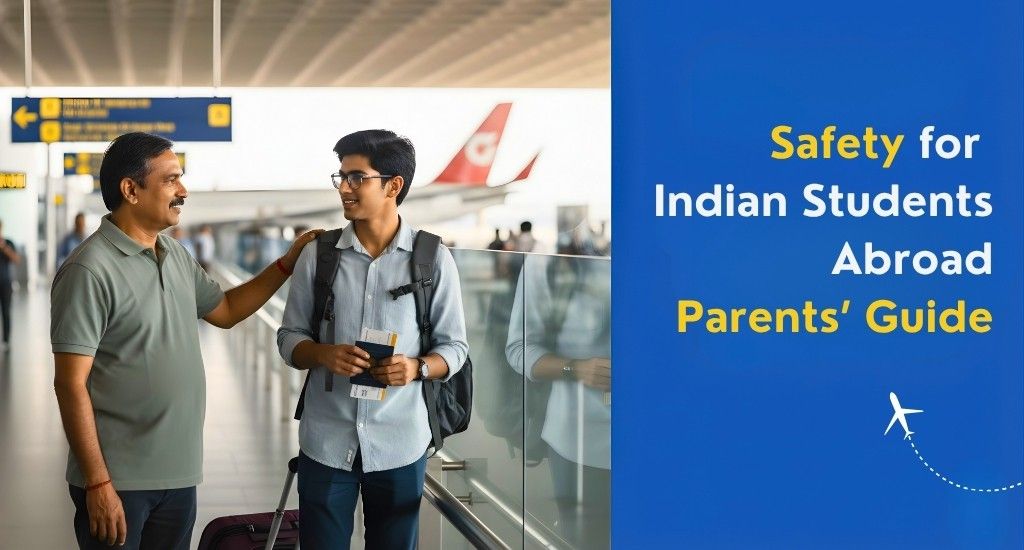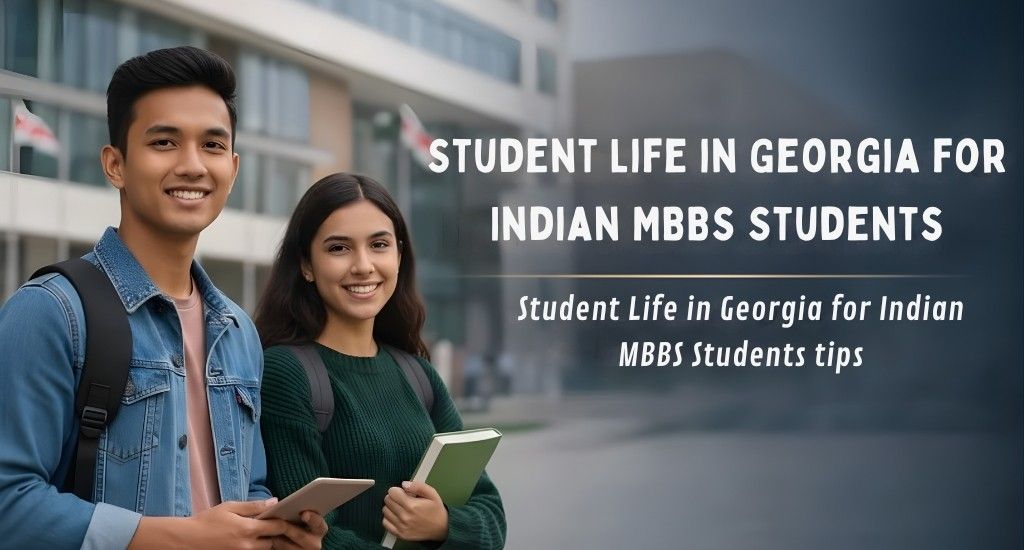Not all colleges are equipped to manage every medical crisis. Students must familiarize themselves with campus emergency protocols, staff responsibilities, and partnerships with local hospitals. They can ask questions, review records, and know exactly what support they can expect. While selecting the right insurance plan, do not just choose the affordable option. Students should ensure that their plan covers ambulance services, hospitalization, and expert care. In countries such as the United States of America, strict privacy laws such as HIPAA (Health Insurance Portability and Accountability Act) protect patients’ confidentiality. While this is structured to safeguard students’ personal health data, it also means that in a medical emergency, the student’s family or even their college may not be told about the student’s condition unless they give prior permission. An AMA (Against Medical Advice) form protects the hospital from liability, but for students, signing it could also mean losing access to further treatment or experiencing issues with insurance claims. In most countries, the first people to arrive in an emergency are not doctors but paramedics – trained professionals who offer emergency first aid and stabilize patients until they reach a hospital.
Students should not be afraid to ask for a medical professional or to request immediate hospitalization if they are unsure of their condition.
Paying attention to their bodies and getting help early can make all the difference for students studying abroad, where they might not have their immediate family nearby to keep an eye on them. Before departing for overseas studies, students can register on the Indian government’s special website, madad.gov.in. It guarantees prompt support and maintains ties between students and the Indian community overseas. Every parent wants to see their child succeed, but when that goal involves studying thousands of miles away, anxiety and excitement coexist. According to recent data, over 2 million Indian students are currently studying MBBS abroad, which is the highest number ever recorded. 1 in 3 Indian students now fund their education through loans.
Prepare your child to build independence early, let them manage small responsibilities such as budgeting, groceries, or travel bookings.
Foreign education can cost anywhere from 20 to 70 Lakhs Rupees, depending on the country and program. Handling this smartly is necessary. Instead of putting money into savings, most Indian families now choose foreign education loans that maintain liquidity and preserve long-term goals. Before the child leaves, teach them how to handle daily expenses, ranging from groceries and travel to subscriptions and outings.
Motivate them to track spending using simple budget applications and set weekly or monthly limits for meals and leisure. Teach the child basic cooking so they do not rely on instant food, as well as junk food.
These small skills help in the long run to stay healthy, confident, and independent. The right country depends on safety for Indian students abroad – parents’ guide tips.
A program with a good job market and reasonable tuition ensures sustainable returns and financial security.









